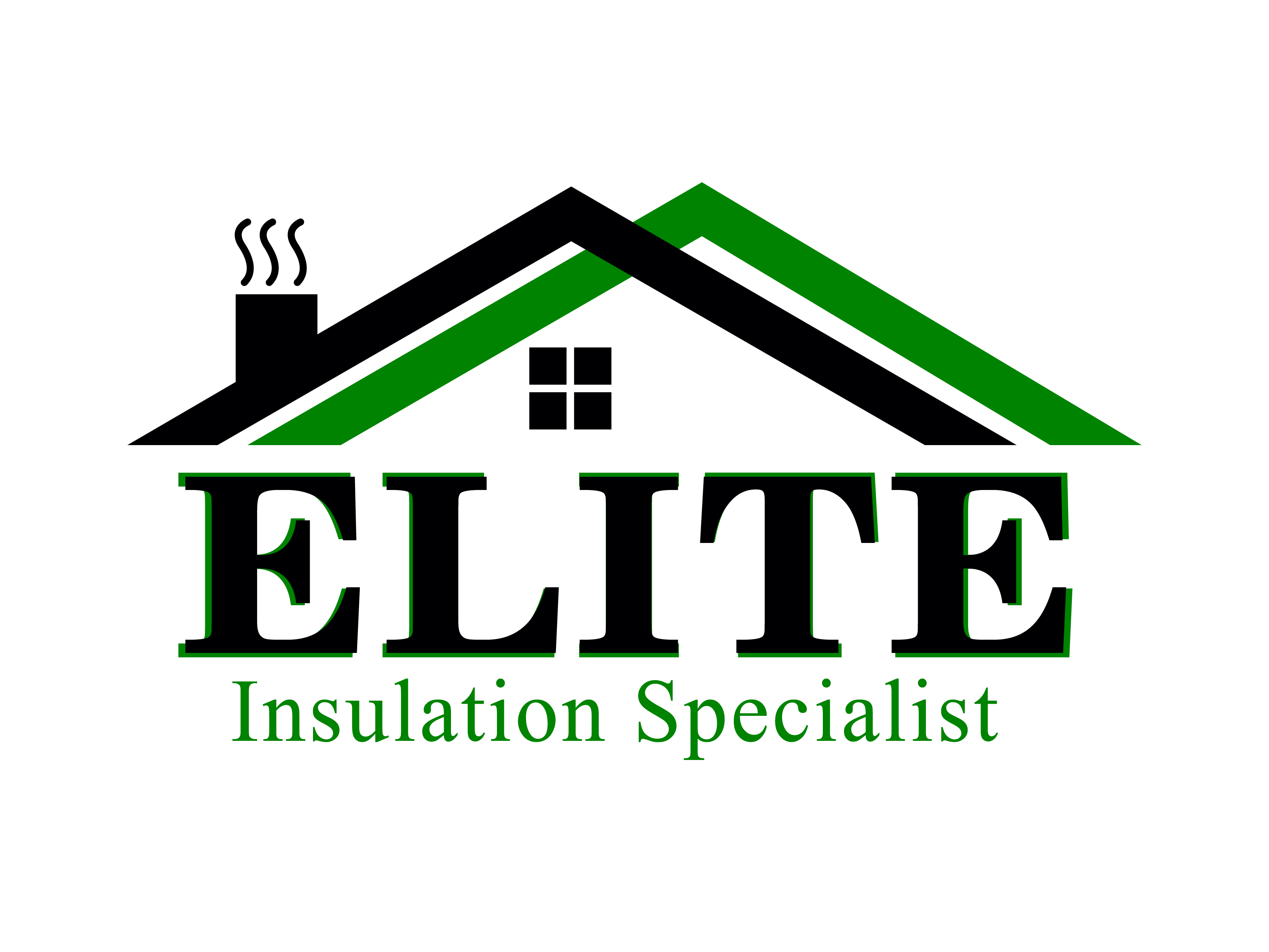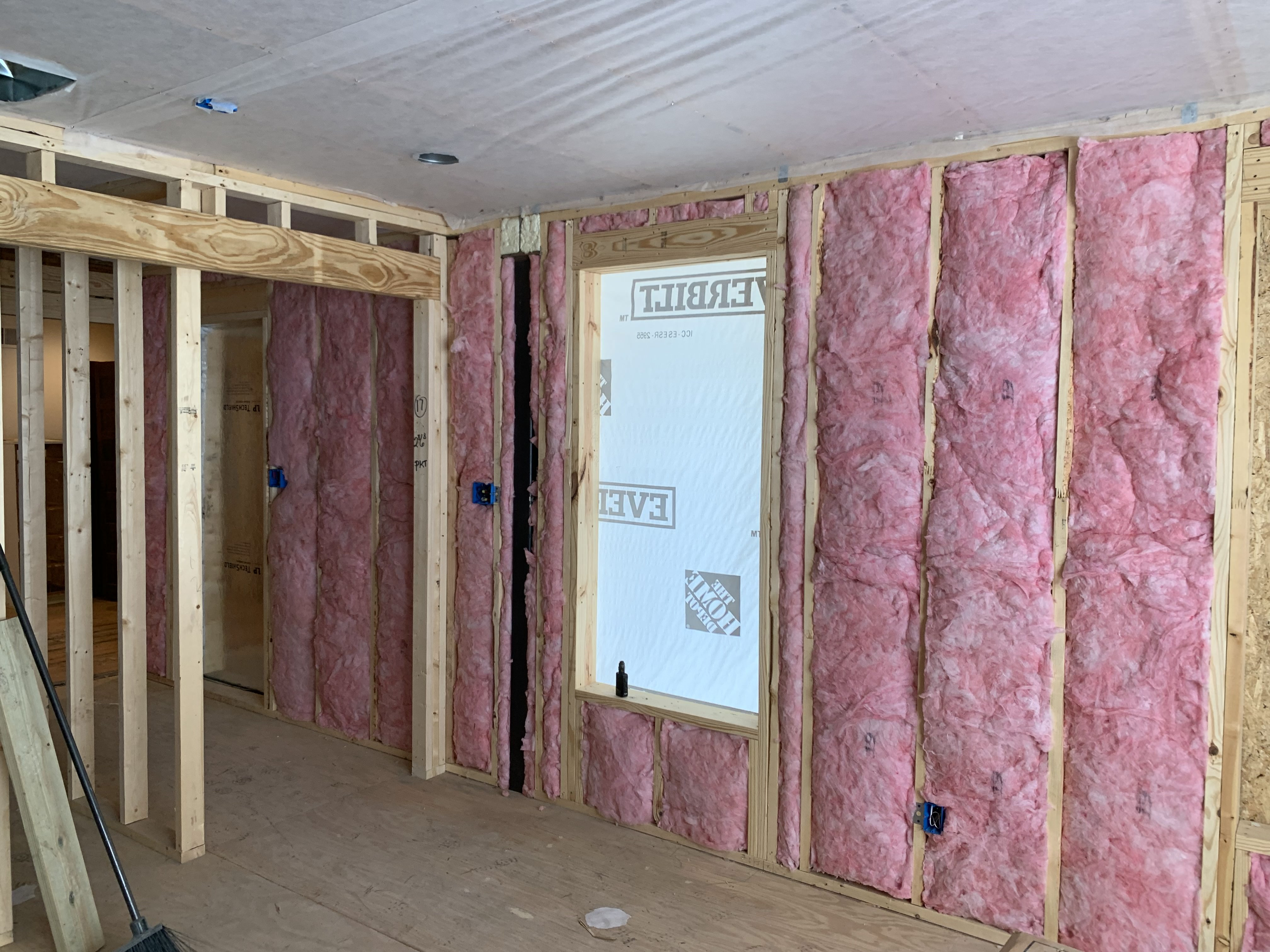In the intricate dance of homeownership, where maintenance is the key to a harmonious living space, the often-overlooked guardian of your plumbing system emerges—home insulation. Beneath the surface of walls and ceilings lies a crucial connection between the temperature of your home and the longevity of your pipes.
In this blog, we will delve into the fundamental role and benefits of home insulation in preventing plumbing perils and ensuring the seamless flow of water through your abode.
The Different Types of Insulation
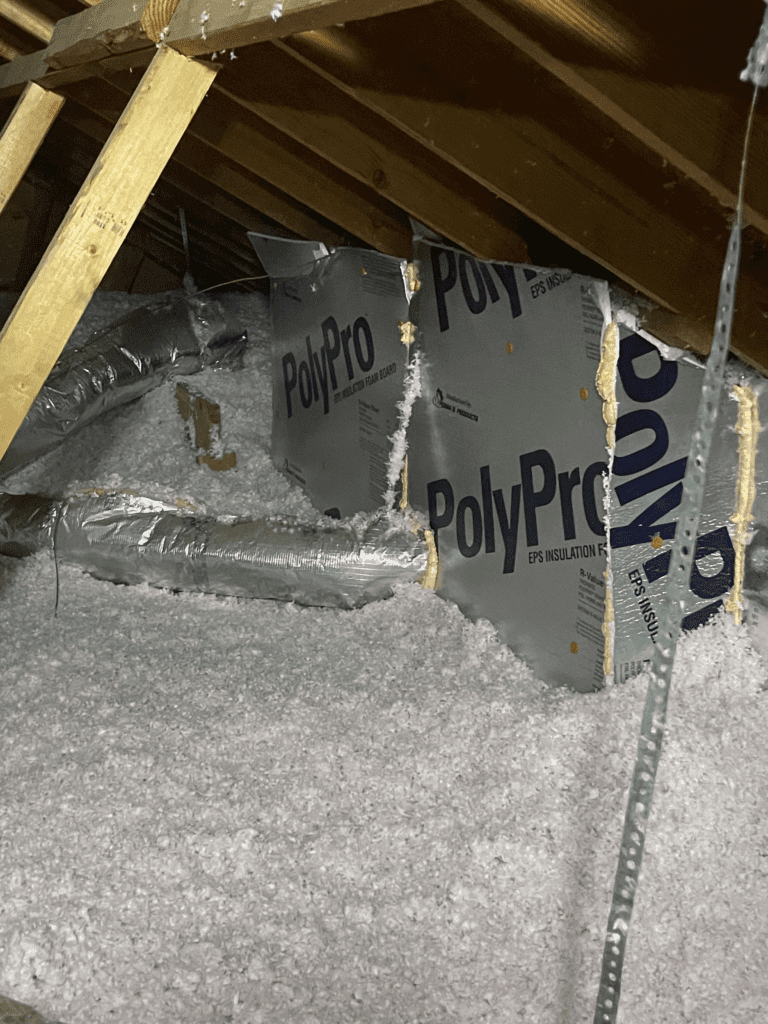
Before we begin, let’s take a deeper look at the different types of insulation options that homeowners invest in.
Various types of insulation cater to different needs and structures.
Blown-In Insulation
Blown-in insulation involves loose fibers or particles that are blown into walls, attics, or other cavities using specialized equipment. This method is effective for filling irregular spaces and providing seamless coverage.
Spray foam insulation
Spray foam insulation is a popular choice due to its ability to expand and fill gaps. It is applied as a liquid, which then expands and solidifies into a foam. This type of insulation forms a tight seal, preventing air leakage and enhancing energy efficiency.
Batt insulation
Batt insulation comes in pre-cut panels or rolls, typically made of fiberglass or rock wool. It is a versatile and cost-effective option, commonly used between wall studs, attic joists, and other framed spaces. Installation is relatively straightforward, making it a popular choice for both professionals and DIY enthusiasts.
Foam board insulation
Foam board insulation consists of rigid panels made from materials such as polystyrene or polyurethane. It is a lightweight option that provides excellent thermal resistance. Foam board insulation is commonly used in walls, roofs, and foundations.
Vapor Barrier Insulation
Vapor barrier insulation is designed to control moisture by preventing the movement of water vapor. It is often installed on the warm side of insulation to minimize condensation within walls and ceilings. This helps protect against mold and enhances the longevity of the structure.
Radiant Barrier Insulation
Radiant barrier insulation reflects heat away from living spaces, making it particularly effective in hot climates. It is often installed in attics to reduce radiant heat transfer, lowering cooling costs during the warmer months.
Each type of insulation has its unique advantages, and the choice depends on factors such as climate, budget, and the specific needs of the structure.
A well-insulated home not only ensures energy efficiency but also contributes to a comfortable living environment.
The Silent Protectors: Home Insulation and Plumbing Synergy
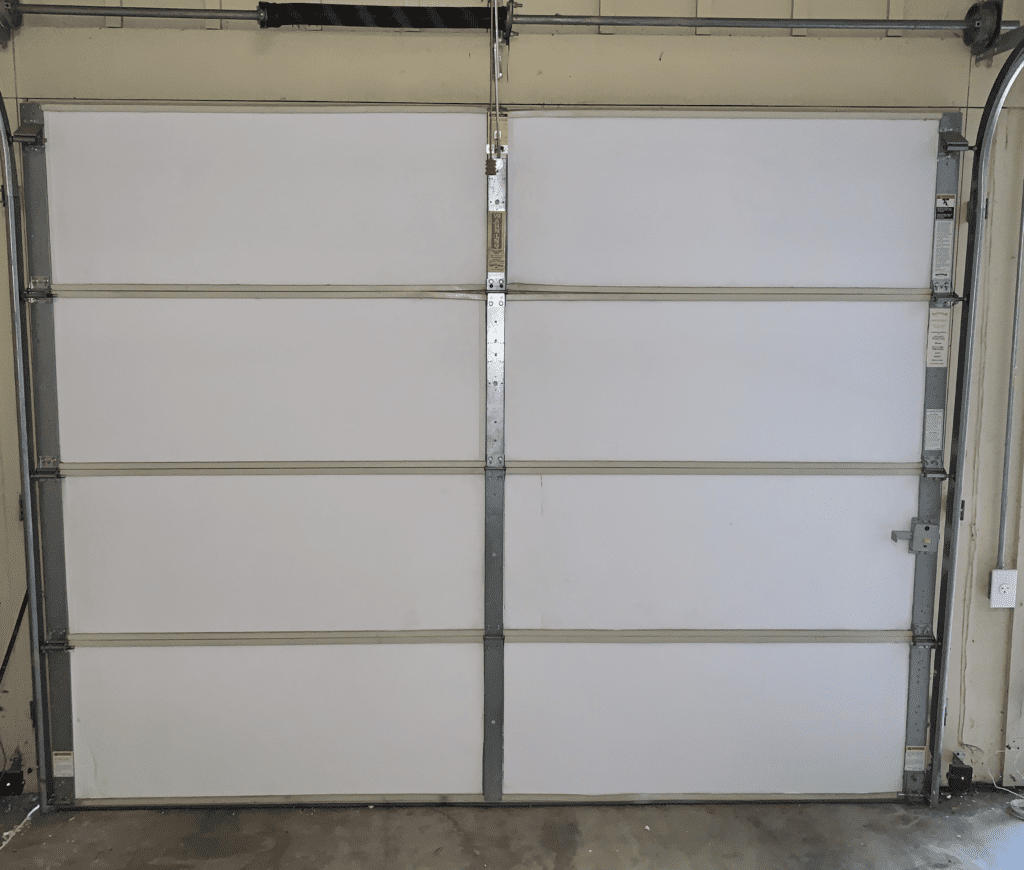
When we think of insulation, the immediate association is with temperature regulation and energy efficiency. However, the connection between insulation and plumbing is a subtle yet vital one.
Home insulation acts as the silent protector, guarding your pipes against temperature extremes that can wreak havoc on their structural integrity.
Temperature Extremes: A Plumbing Peril
Extreme temperatures can inflict severe damage on your plumbing system. In colder climates, the risk of frozen pipes is a persistent threat. When water freezes within the pipes, it expands, creating pressure that can lead to cracks or even complete ruptures. The aftermath of a burst pipe can be catastrophic, causing water damage to your home and possessions.
Conversely, in hotter regions, prolonged exposure to high temperatures can degrade the material of your pipes, making them more susceptible to leaks and failures. The expansion and contraction of pipes due to temperature fluctuations can weaken joints and connections over time, resulting in an increased likelihood of plumbing issues.
Insulation as the Temperature Shield
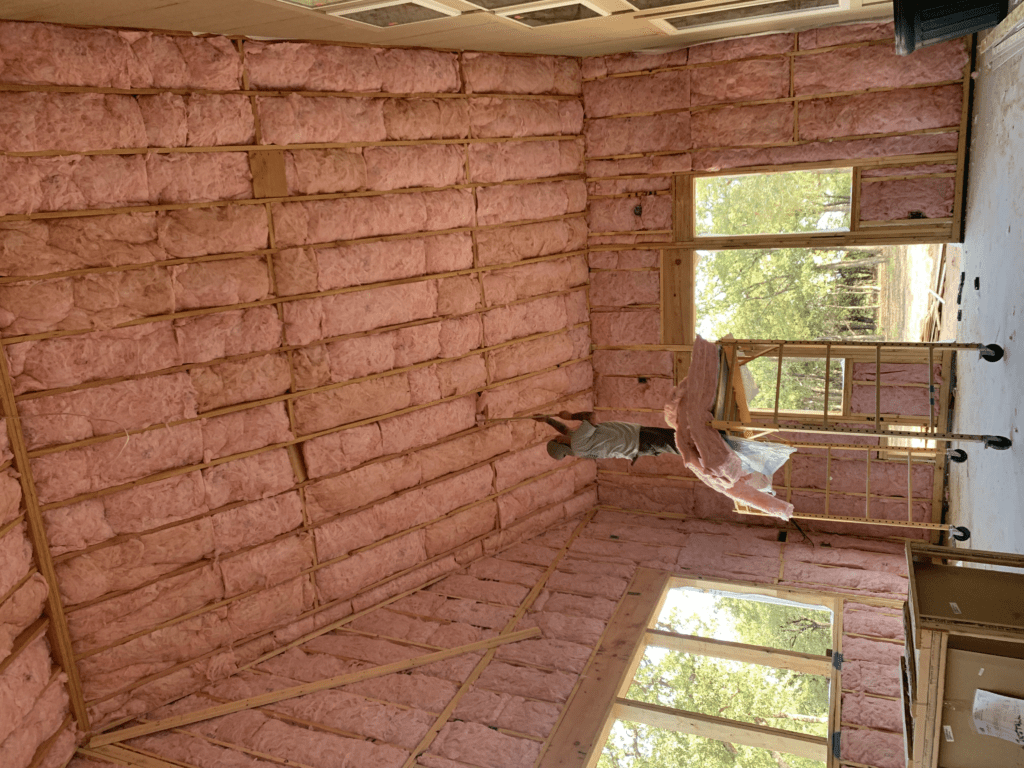
Effective home insulation acts as a temperature shield for your plumbing system. By providing a barrier between the external environment and your pipes, insulation helps maintain a stable and moderate temperature. In cold weather, it prevents pipes from freezing, and in hot weather, it shields them from excessive heat.
Common areas that benefit from insulation include crawlspaces, basements, and attics, where pipes are often exposed to the harshest temperature variations. Ensuring that these spaces are adequately insulated creates a buffer, reducing the strain on your plumbing and minimizing the risk of temperature-related damage.
Energy Efficiency and Plumbing Longevity
Beyond temperature regulation, the synergy between home insulation and plumbing extends to the realm of energy efficiency. A well-insulated home requires less energy to maintain a comfortable temperature, resulting in reduced strain on your HVAC system. This not only translates to cost savings but also contributes to the overall sustainability of your household.
The conservation of energy indirectly contributes to the longevity of your plumbing system. A reduced need for temperature regulation means less stress on pipes, valves, and fittings. As a result, the likelihood of wear and tear decreases, promoting the durability of your plumbing infrastructure.
The Investment in Longevity
In viewing home insulation as the guardian of your pipes, it becomes apparent that the initial investment in quality insulation pays dividends in the form of plumbing longevity. Proper insulation not only safeguards your home against temperature extremes but also fosters a more energy-efficient and sustainable living space.
In the intricate choreography of homeownership, where each element plays a crucial role, let home insulation be recognized as the unsung hero—the guardian of your pipes. As we strive for the comfort and durability of our living spaces, understanding and investing in the fundamental connection between insulation and plumbing is a step toward a home that stands resilient against the test of time.
Looking for top-notch home insulation and attic insulation services in Dallas? Check out Elite Insulation Specialist today to get expert installations. Our range of services includes spray foam insulation, wall insulation, attic insulation, insulation removal, and more.
Contact us today to schedule a consultation and to learn more about our attic insulation specialists.
